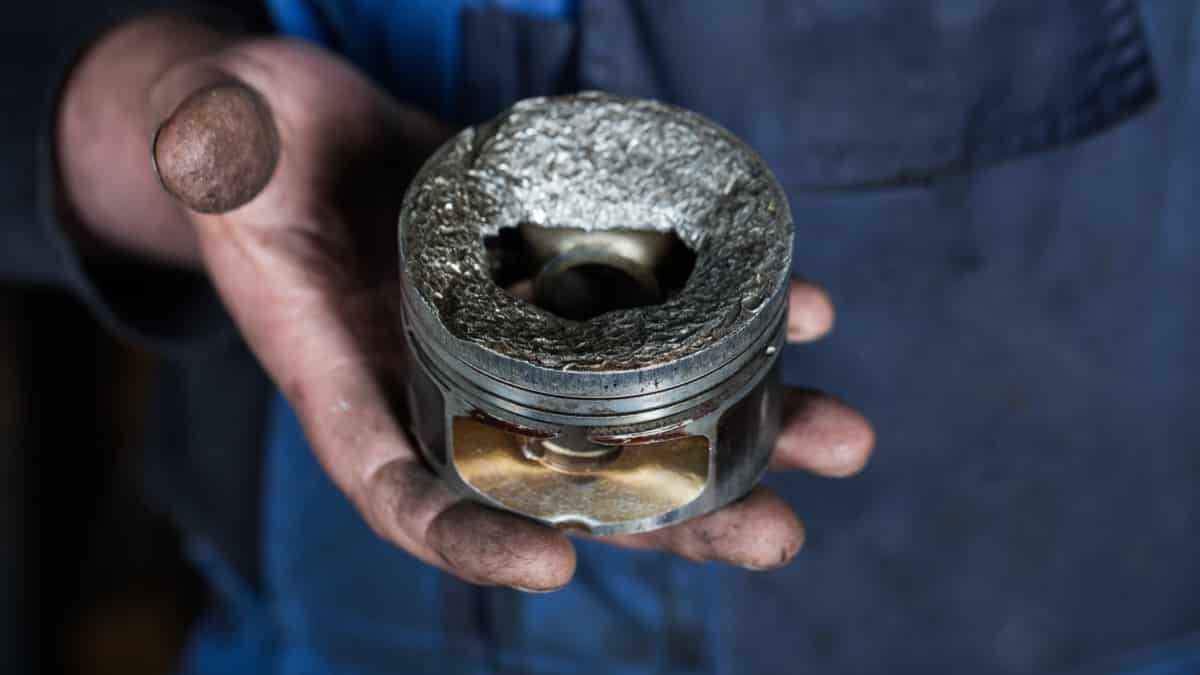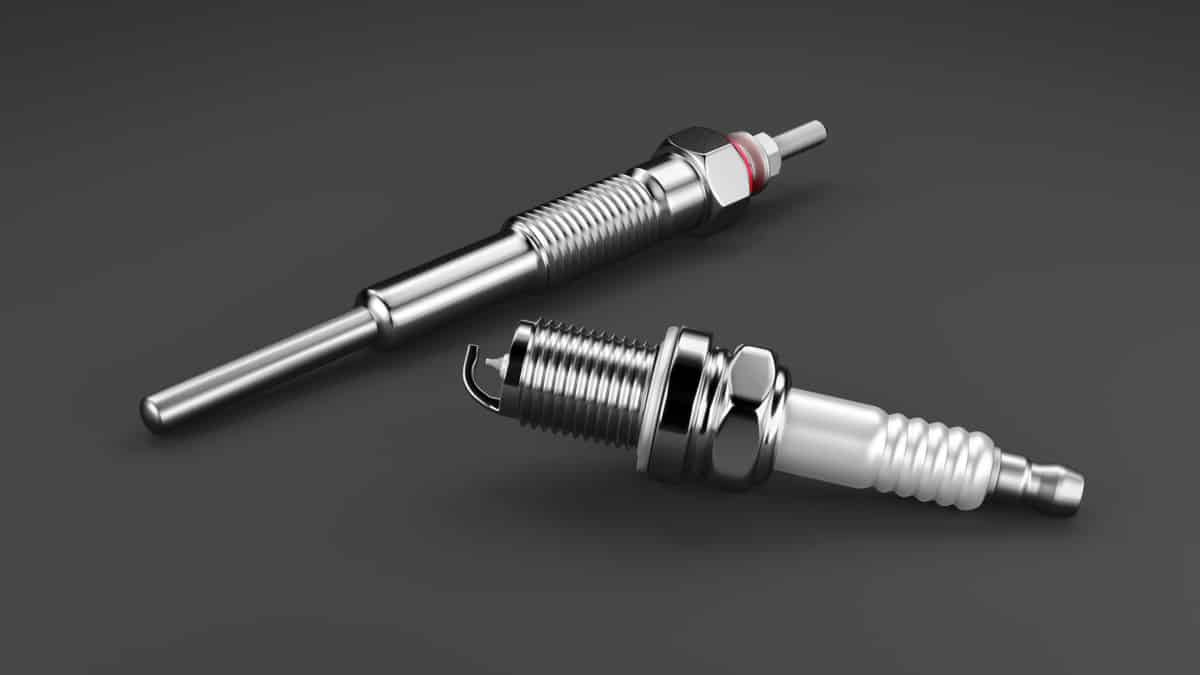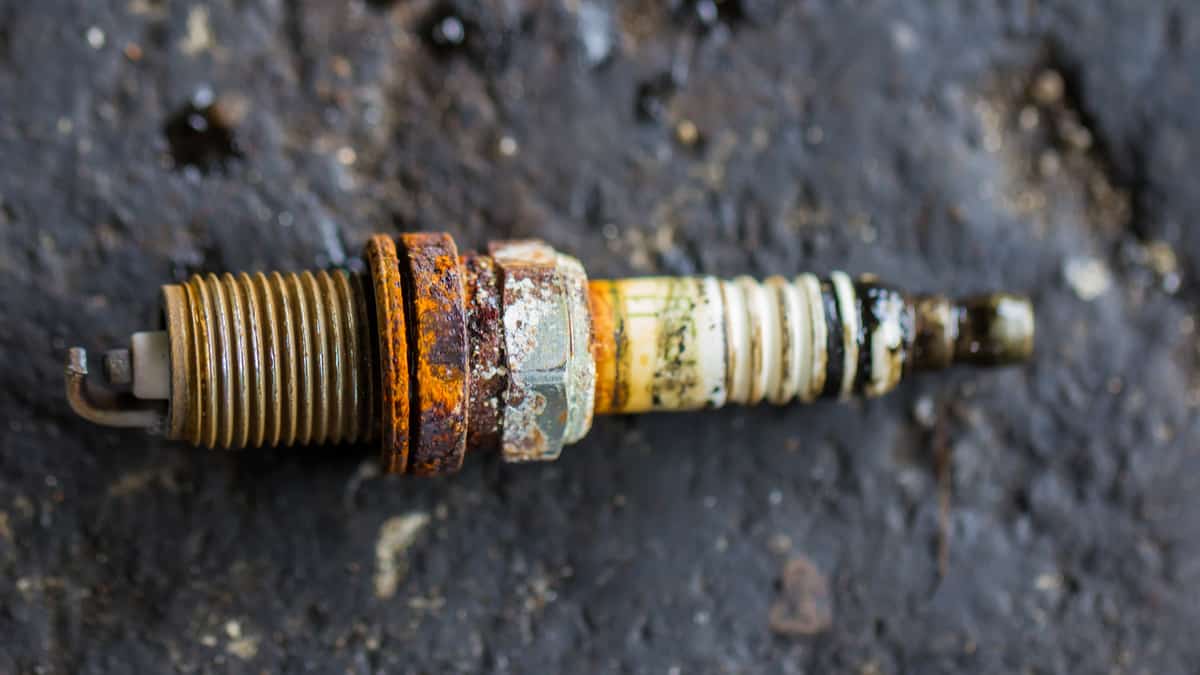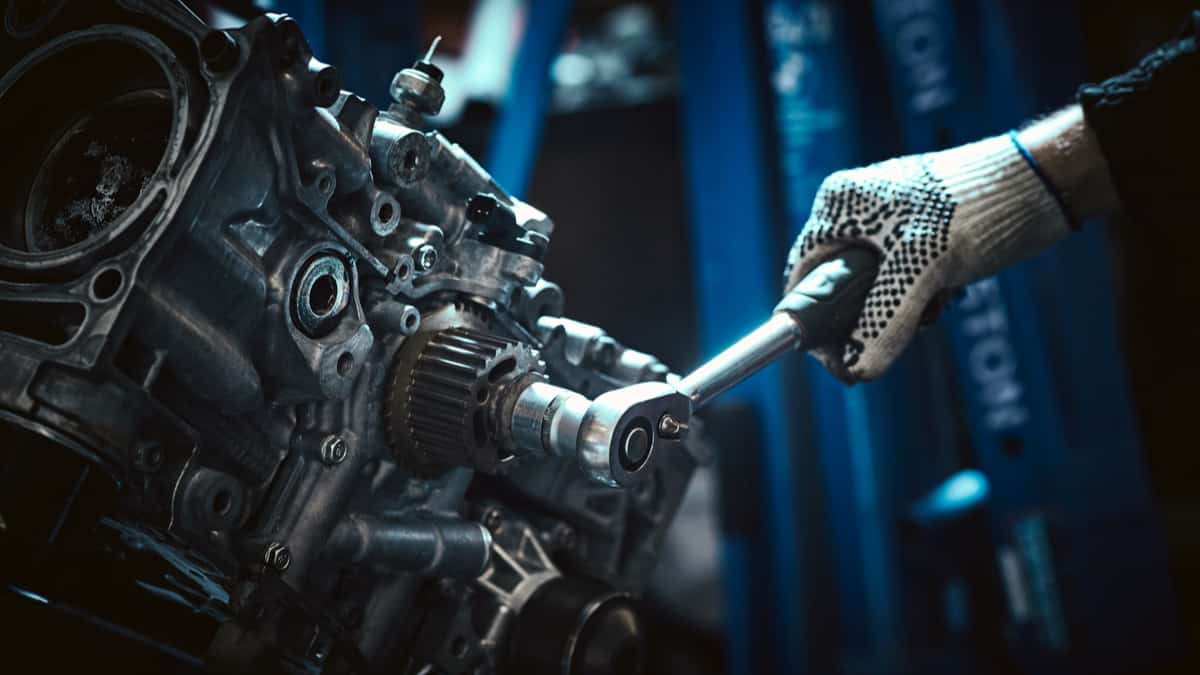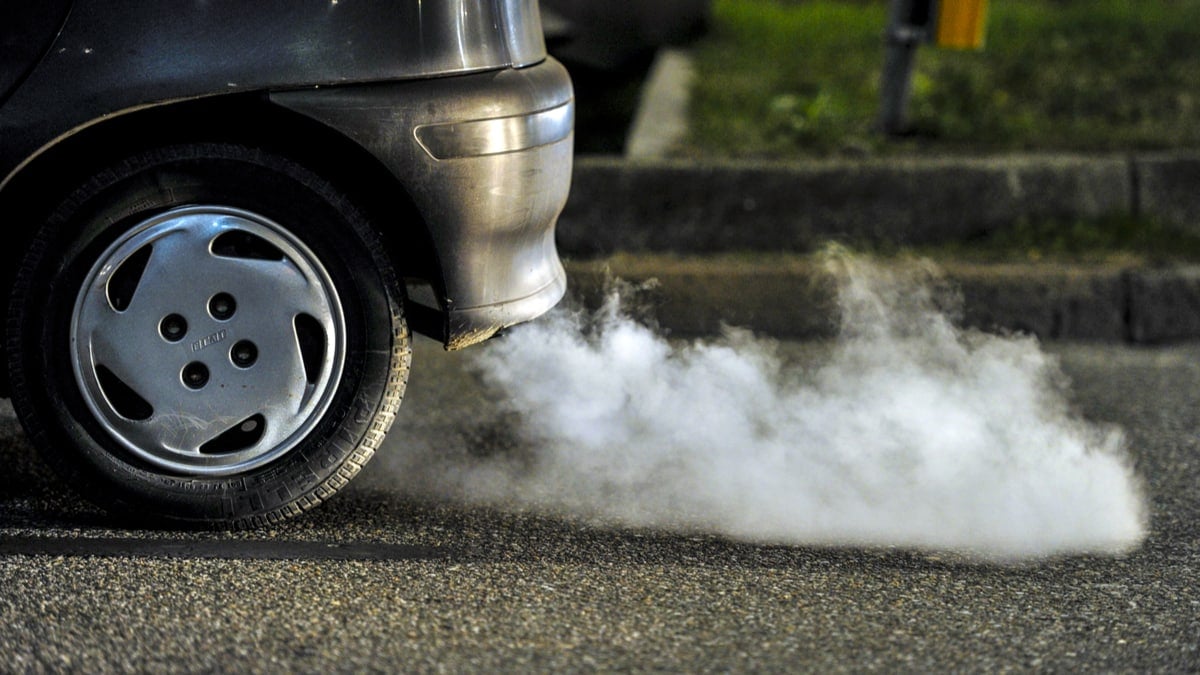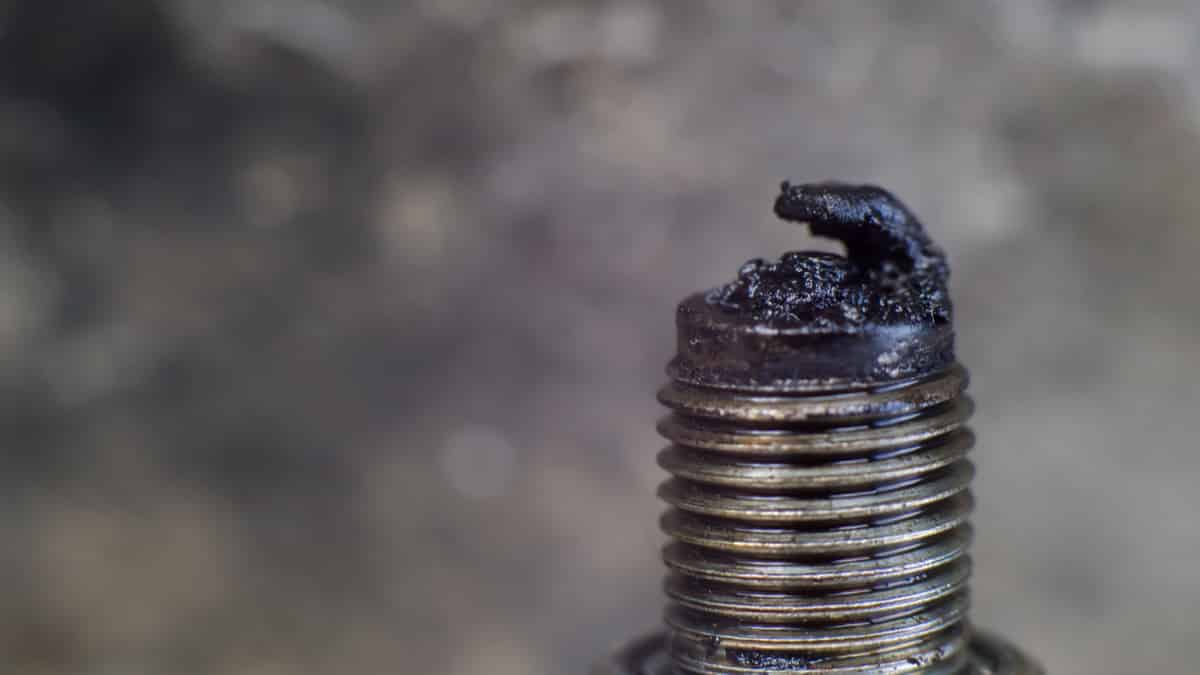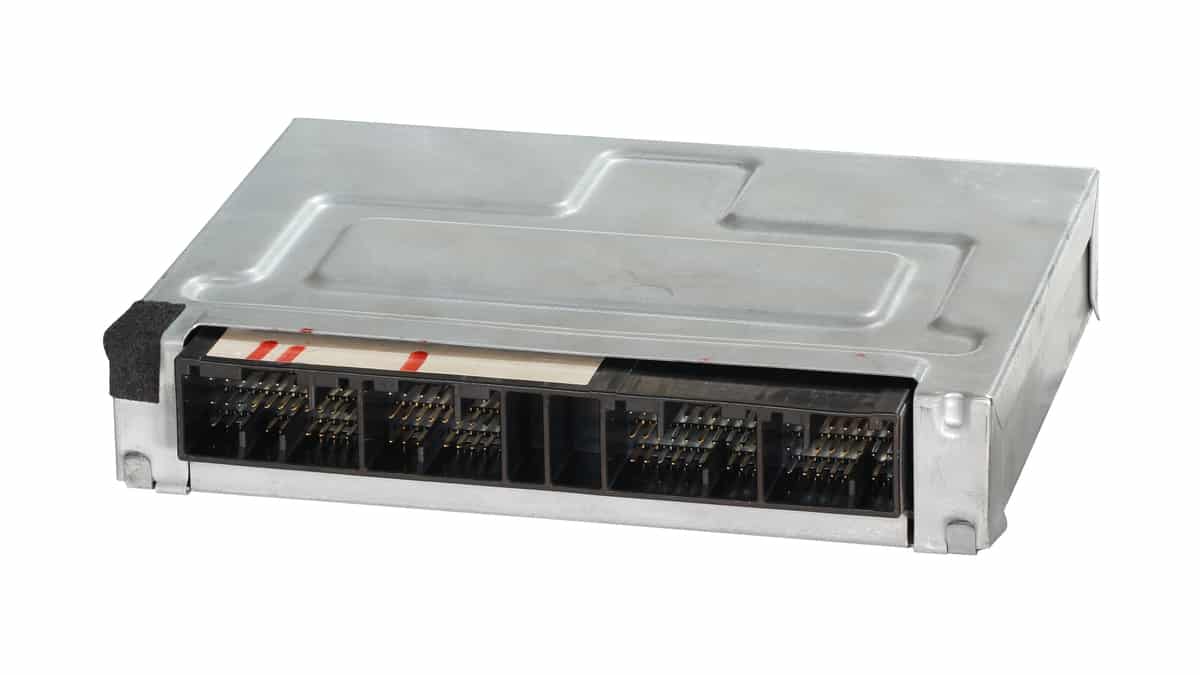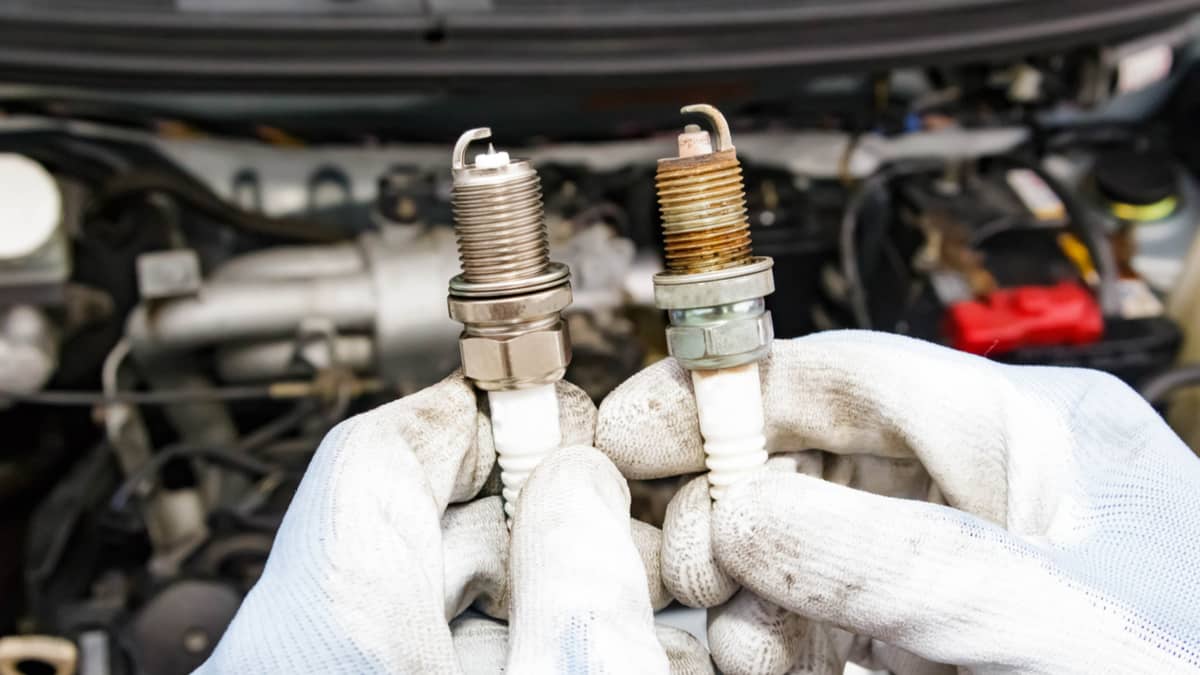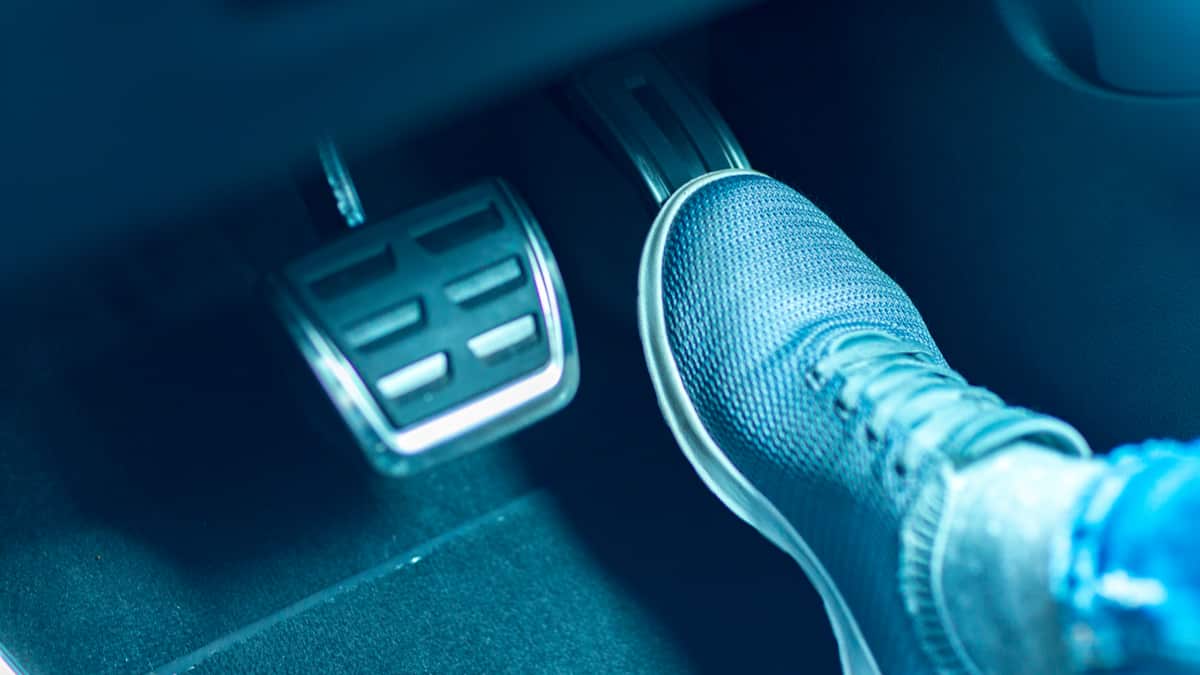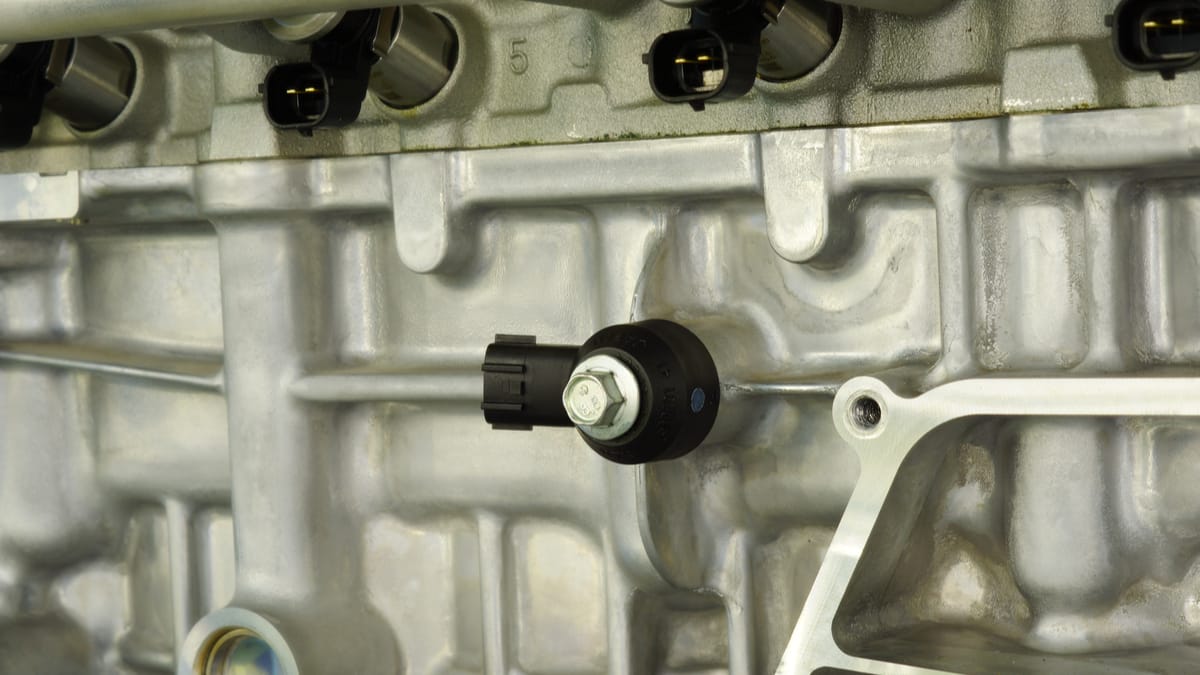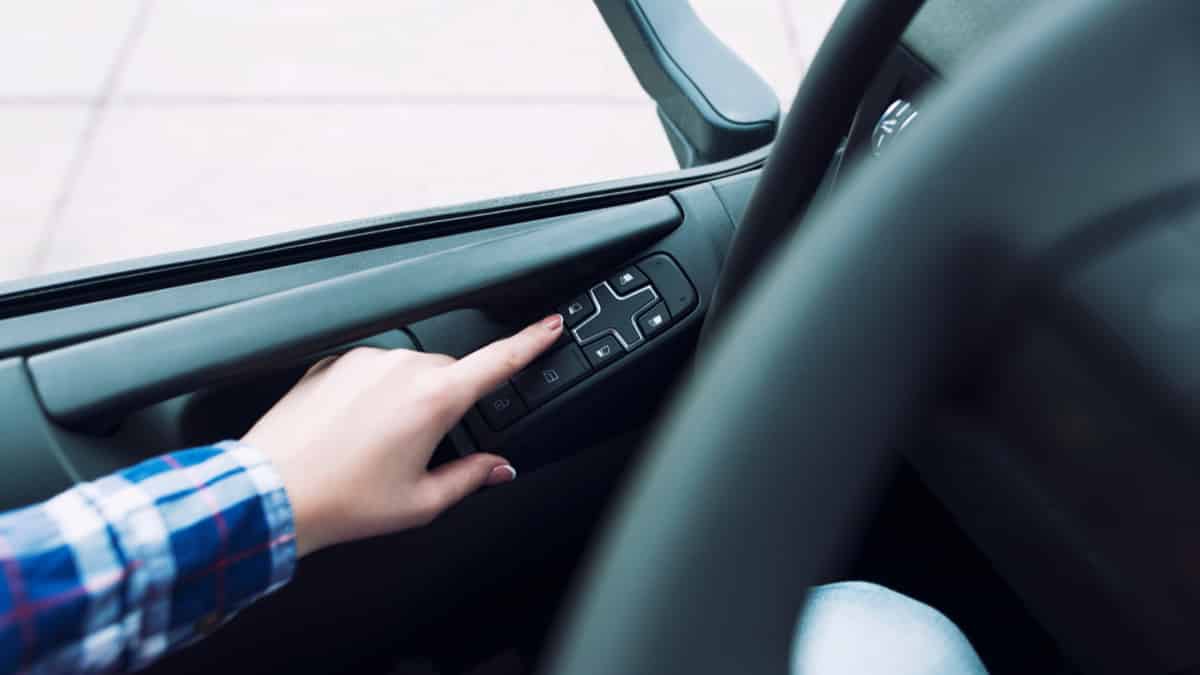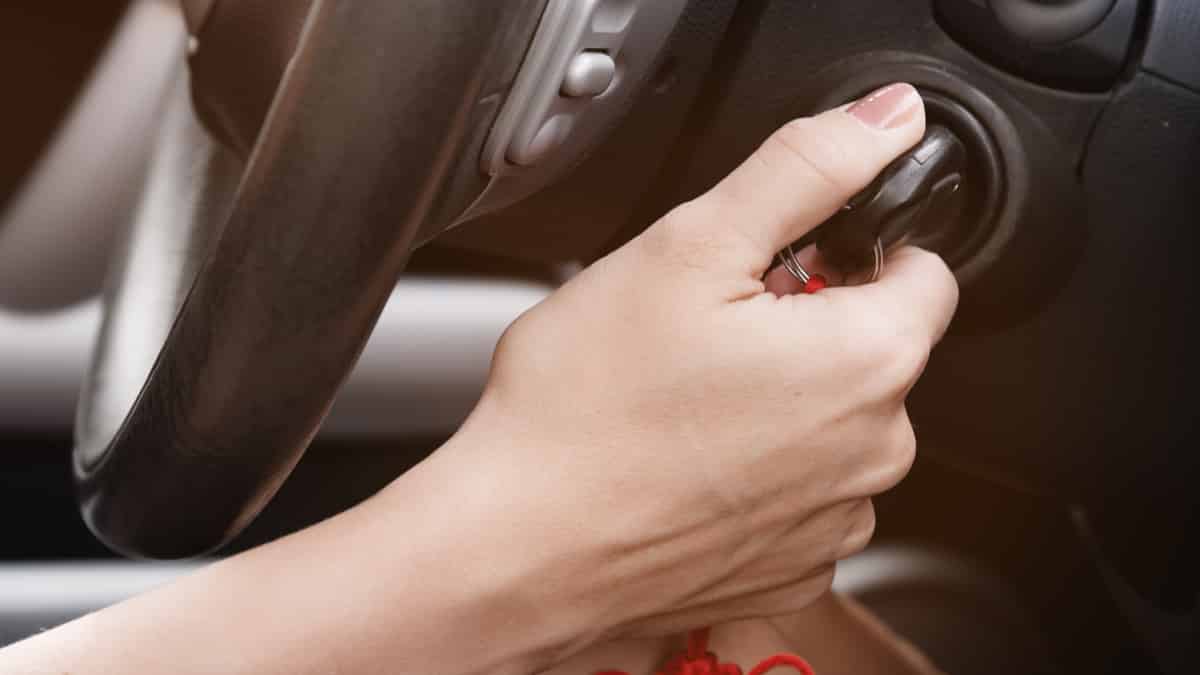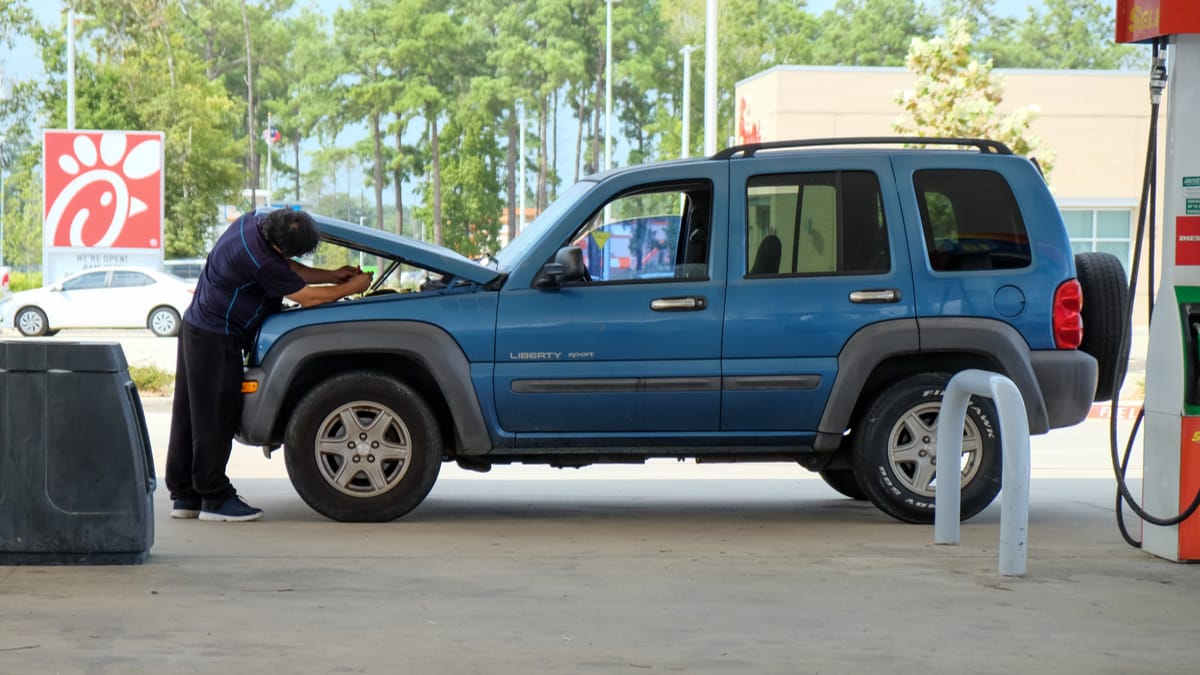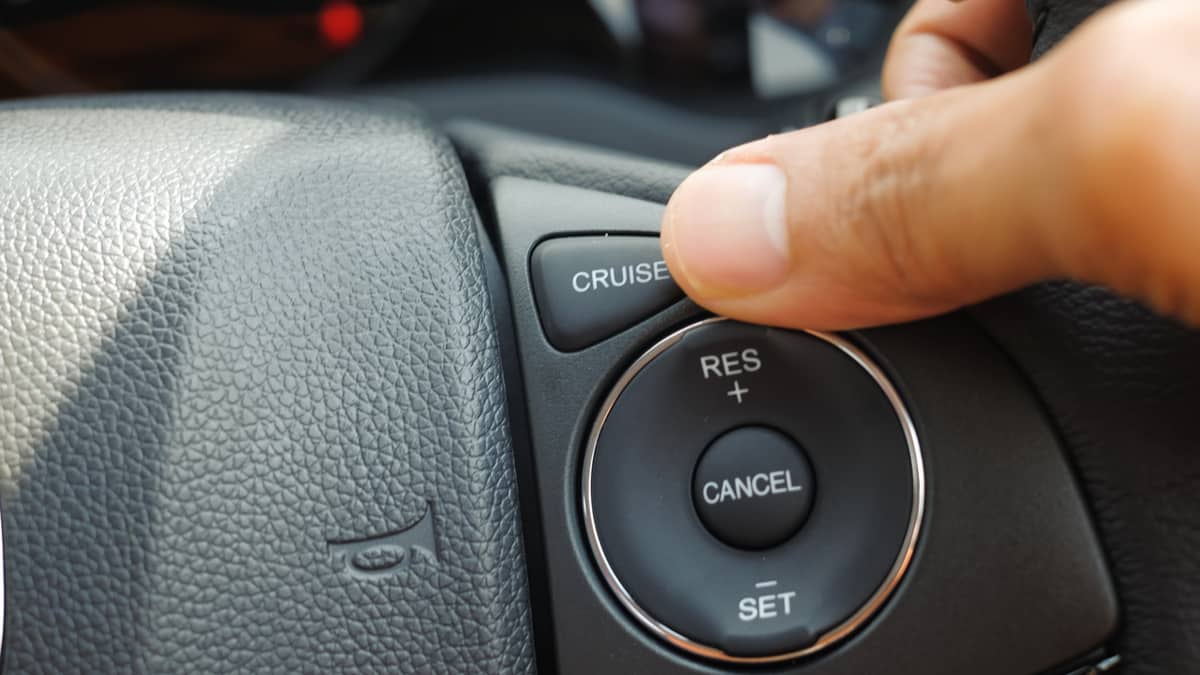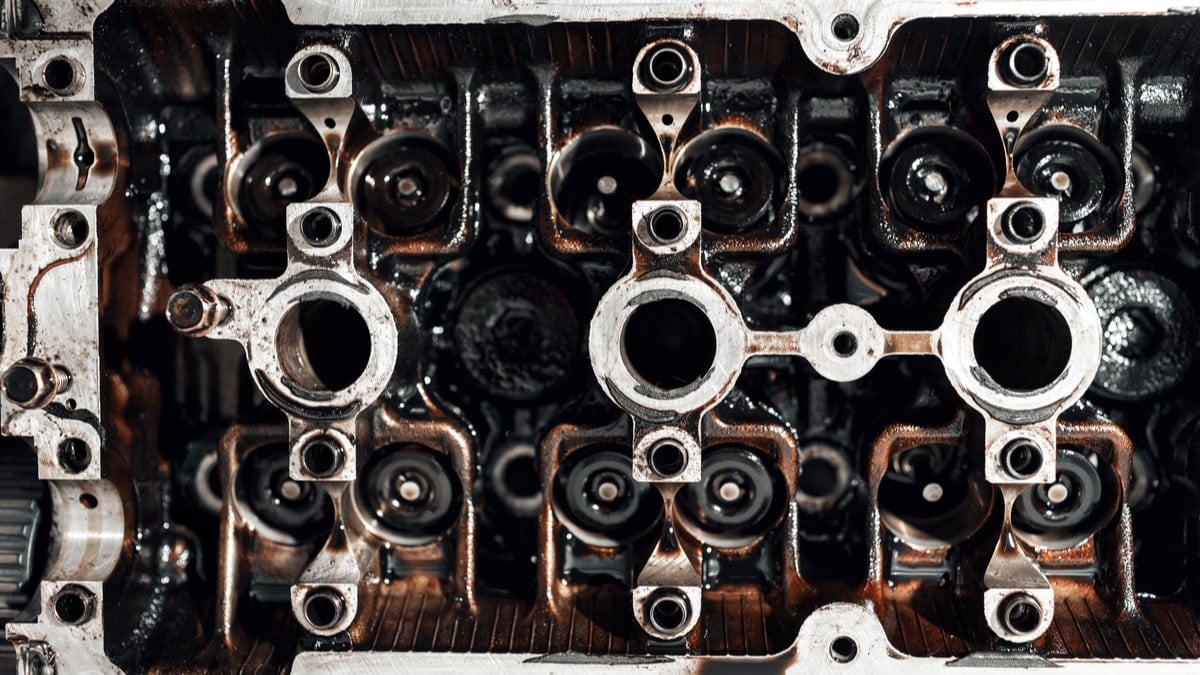Car engines can make a lot of different noises, and some are more severe than others.
Engine knock is a noise you definitely do not want to hear from your car engine, because it can damage many parts inside of your engine.
Luckily, a knocking engine is often quite easy to repair. In this article, I will talk about the most common causes of engine knocking and how you can fix the issue. Let’s begin with a quick overview of the common causes:
Causes of Engine Knock
The most common cause of engine knock is either the wrong fuel type in your car or a bad knock sensor. Incorrect ignition timing, lean fuel mixture, or the incorrect type of spark plugs can also cause your engine to detonate.
These are the most common reasons why your engine knocks. Here is a little bit more detailed list of the most common causes of a knocking car engine:
1. Low Octane Rating
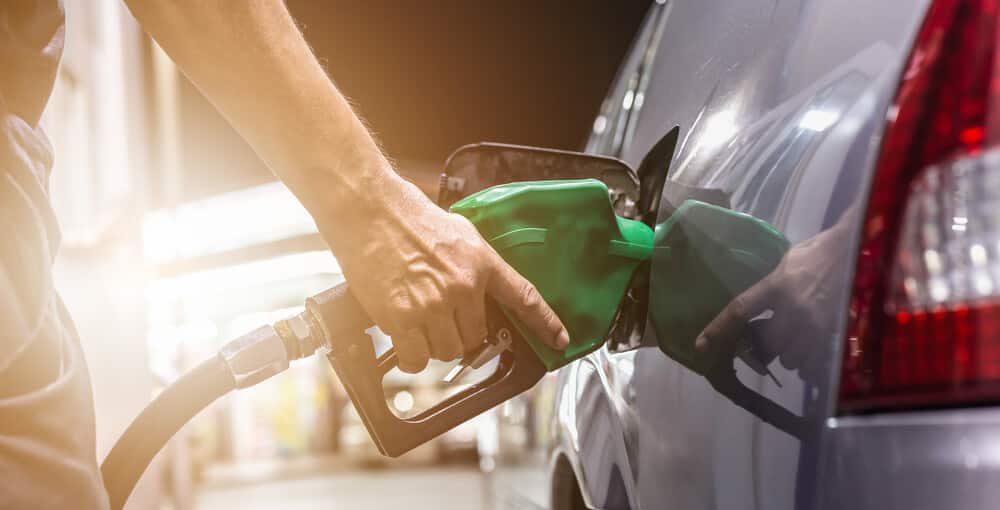
The most common reason why your engine is knocking during acceleration is you have the wrong fuel in your car or just fuel with a low octane rating.
Either you filled your gas tank with the wrong gas type the last time you were at the gas station, or the gas station supplied you with bad fuel.
If you get fuel with a low octane number in your fuel tank, premature combustion may occur. This will cause the engine to knock.
If the issue occurred after you refilled fuel and if you filled the gas tank entirely, you could try using an octane booster to boost up the octane a little bit rather than replacing all fuel in the tank.
2. Bad Knock Sensor
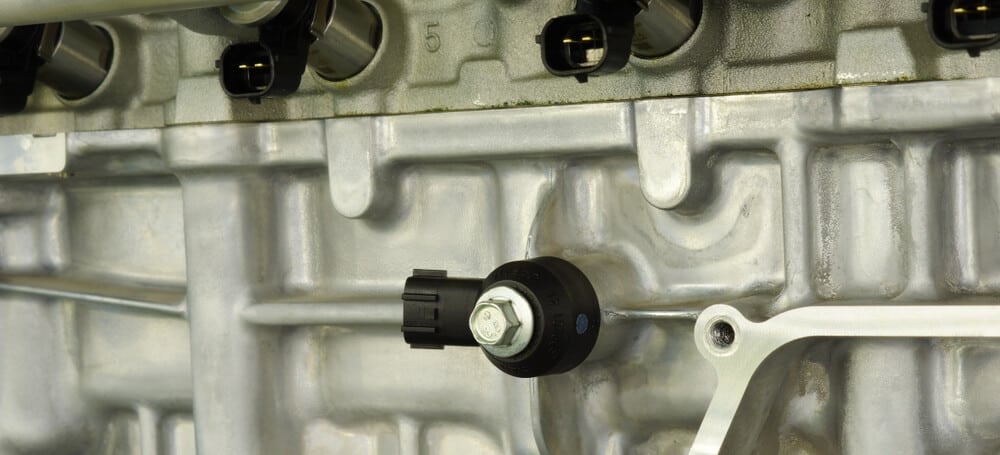
The next common cause of engine knock is a bad knock sensor. The knock sensor is made for exactly this purpose – to prevent your engine from knocking.
The engine control always wants to have as advanced an ignition as possible for higher performance. If you fill your tank with fuel with a low octane rating, the engine will require a more retarded ignition timing to run without engine knock.
Therefore, the knock sensors’ job is to monitor for any knocks and, if one occurs, tell the engine to retard the ignition further to prevent engine damage. If this knock sensor has gone bad, it can send false signals to the engine control unit, which will cause a knocking engine.
3. Wrong Ignition Timing
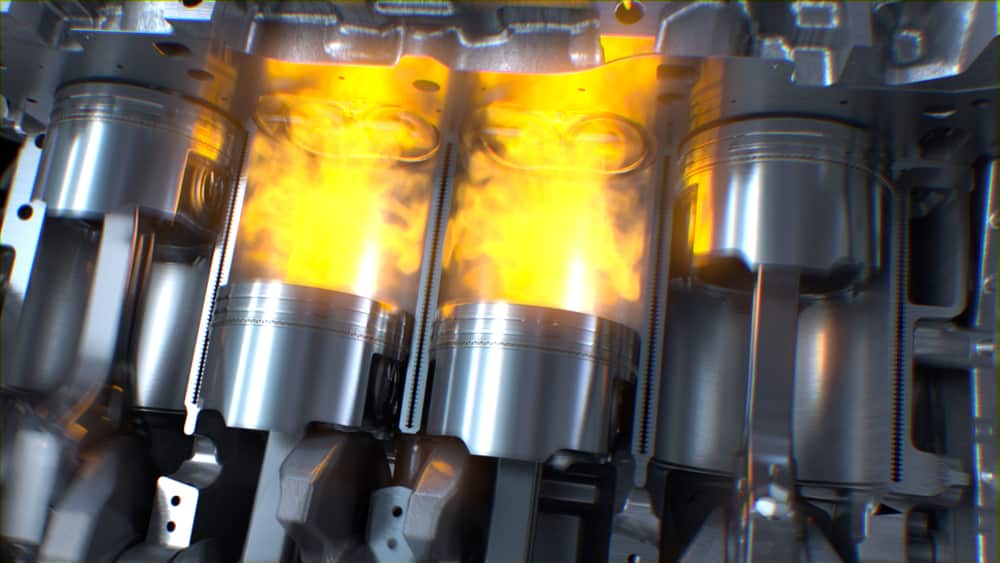
Too advanced ignition timing will cause the engine to start knocking or pinging. Because of this, a faulty ignition timing could, of course, cause an engine knock.
This only applies if you have an older car with adjustable ignition timing on either the distributor or an adjustable cam or crankshaft position sensor.
Unfortunately, newer cars control the ignition timing completely electronically, so you will not find it possible to manually adjust the timing.
However, if you have an older car with adjustable ignition timing, you need an ignition timing light to check the timing. Try to retard the timing slightly to see if it helps with the engine detonation. It is recommended to follow the repair manual for the correct ignition timing, though.
4. Lean air/fuel mixture
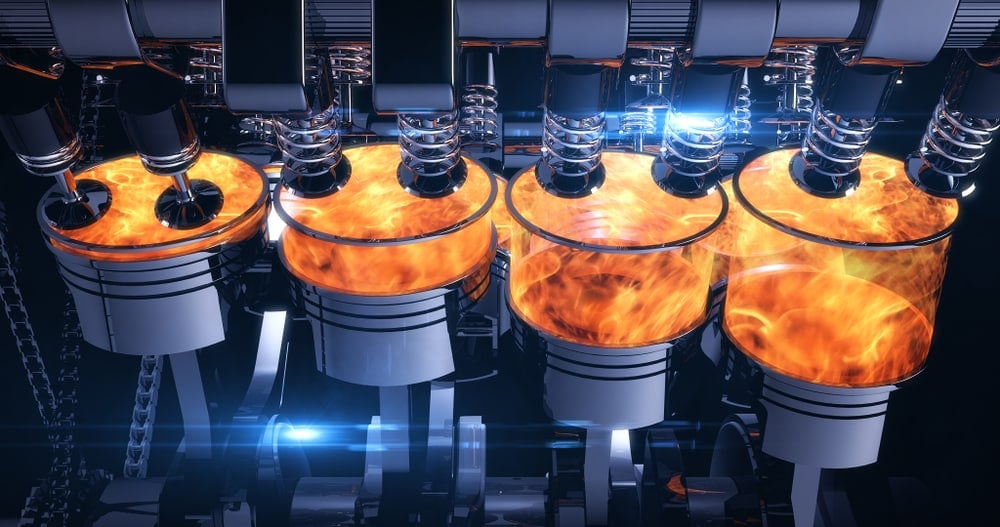
You maybe didn’t know it, but the fuel entering the engine is also cooling the combustion chamber. If the air/fuel mixture is too lean, it will not cool down as effectively, and it will cause a lot of unnecessary heat in the combustion chamber.
This heat can cause the air-fuel mixture to self-ignite before the spark plug sends its spark, which will cause the engine to start knocking. These types of destinations are hazardous for your engine’s internal parts and can melt down your pistons quickly.
5. Wrong spark plugs
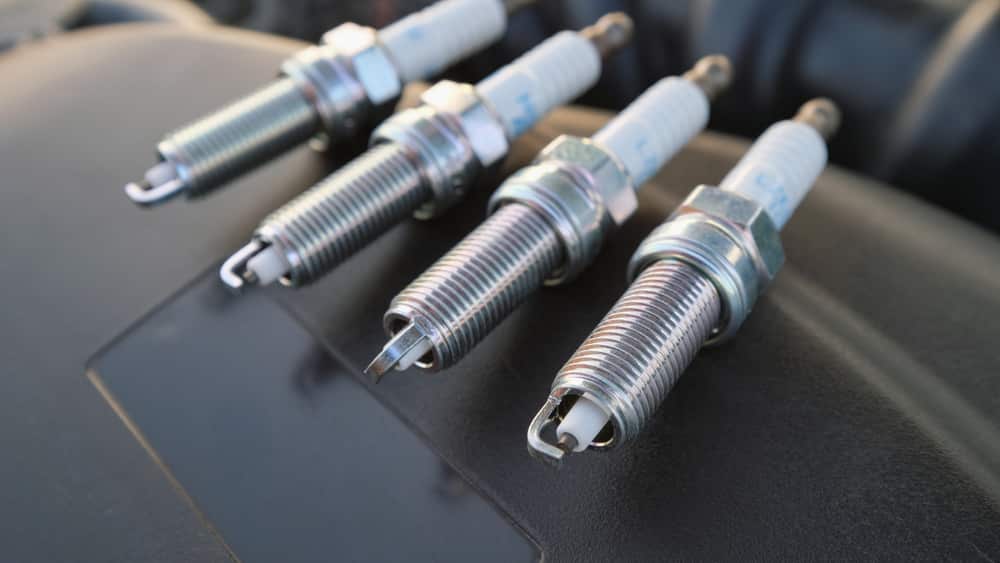
It is not very common that wrong spark plugs cause engine knock or detonation, but it could absolutely happen.
Spark plugs provide the ignition spark for the ignition of the fuel-air mixture. However, there are many different types of spark plugs, and if you buy the wrong type of spark plug, your engine can start suffering from knocking.
In the first instance, the spark is too weak, while in the second instance, the spark plug may not produce a spark at all. Check your repair manual to find the right spark plugs for your car model and ensure that the right model is installed.
6. Other Engine Knocking Sound
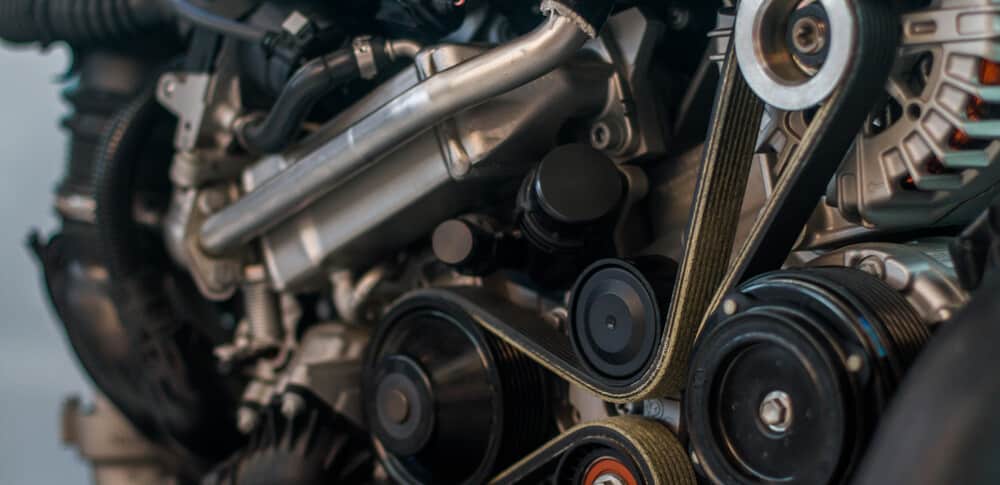
There is also a chance that it isn’t engine knock or pinging you hear from your engine; it could be some type of other engine noise.
If you hear it knock only when accelerating, it is most likely engine knock or pinging, but if you constantly hear the noise, it may be caused by something else.
Some other usual things that can make knocking sounds are the serpentine or timing belt tensioners/pulleys, bad rod bearings, faulty hydraulic lifters, or noisy fuel injectors.
Learn more here: 5 Common Car Engine Noises
What is Engine Knock?
Engine knocking or pinging occurs when the air-fuel mixture is getting self-ignited before the spark plug ignites it, because of high heat. It can be caused by a wrong ignition timing, too low fuel octane, or a lean air-fuel mixture.
When the engine is on its way up, the air-fuel mixture will self-ignite halfway up, and as you can imagine, this will cause an incredible pressure because the piston has half of the way to reach the top. This can also create incredible heat that can melt holes into your pistons or the cylinder head.
This is why it is a good idea to fix your engine knock in time and better not drive around with it.
How to Fix Engine Knock
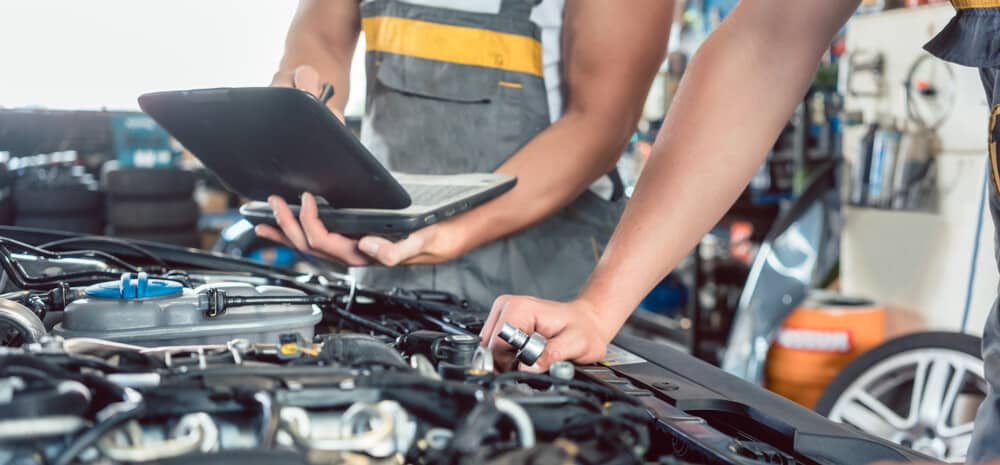
Now that you know the different things that could cause the engine to knock, you probably also want to know how you can fix it.
The first thing you must think of is when the knocking appears. If it happened after you refueled the car, you probably have bad fuel in the fuel tank. To fix this, you need either to replace the fuel or try using an octane booster.
You can also check for any trouble codes related to the knock sensor/s with a diagnostic scanner. If you find any trouble codes related to it, it is definitely time to repair the wirings or replace the knock sensor.
You also want to check the spark plugs to make sure you use the correct spark plug type for your specific car engine. Use your repair manual to find the right spark plugs.
If you have an older car or if the car engine has adjustable ignition timing, you absolutely want to check and adjust it. Check your repair manual to find out if you have an adjustable timing or not.
Let a repair shop do it if you are not familiar with adjusting timing, because you also need some special tools for the procedure.
What does Engine Knock Sound like?
Engine knock sounds like someone is sitting and hitting your engine block with a metal hammer when you are accelerating. If you hear a knocking noise only when accelerating, it is most likely engine knocking or pinging.
How do you stop engine knocking?
The first step to stop engine knocking is to ensure you have fuel with the correct octane rating for your car model. You can try to use an octane booster to make it less sensitive to detonations.
Can you drive a car with a knocking engine?
It is not recommended to drive a car with a knocking engine. Engine knock or so-called detonation is very dangerous for your engine’s internal parts, which can result in repair costs of over 3000$ if you are not careful.
How much does it cost to fix an engine knock?
There is no fixed price to fix an engine knock. Often you only have to use octane boosters or refill the fuel tank with new fuel. In the worst case, you have to adjust the ignition timing or replace the knock sensor. You can expect a cost of 100$ to 200$, though.
Can low oil cause engine knock?
Engine oil is not related to the ignition timing or engine knocking in your car engine. However, it might affect it indirectly if you have such a low engine oil level that your engine is suffering from low oil pressure.
Categories: Engine, Troubleshooting
